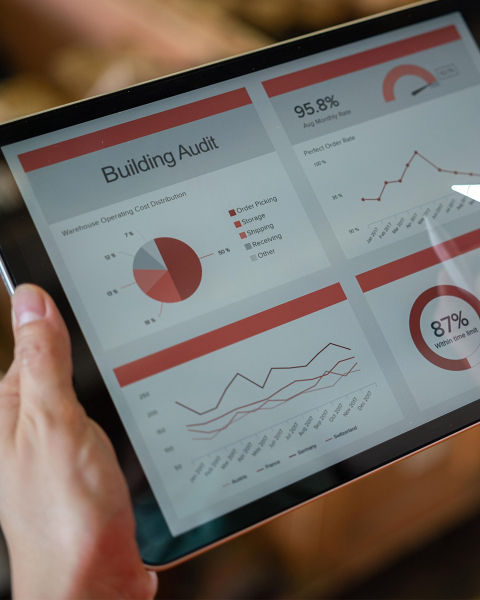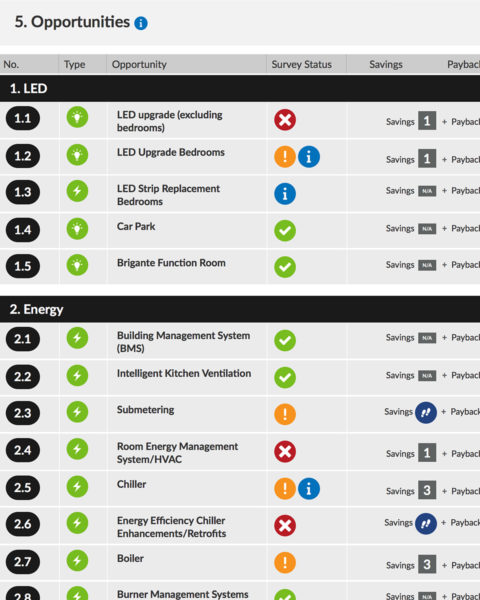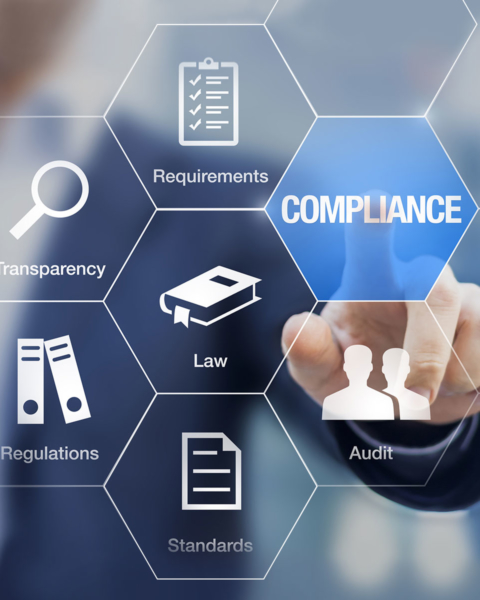What is SECR? Does your business need to report its carbon emissions?
New energy and carbon reporting regulations come into force this April (2019) that will affect around 11,900 companies and other organisations.
The Streamlined Energy and Carbon Reporting (SECR) framework requires qualifying businesses to include an annual submission on energy use and carbon emissions with the director’s report filed with Companies House.
It’s important to act now to ensure full compliance and be prepared to submit full reports and meet the annual deadlines. The SECR will replace the Carbon Reduction Commitment Energy Efficiency Scheme that is coming to an end after the 2018/19 compliance year.
The CRC scheme closure means no purchase of allowances are required to cover emissions for energy supplied from April 2019. Organisations need to report under CRC for the last time in July 2019 and submit allowances in October 2019.
The CRC scheme covered around 4,000 UK businesses so there will be thousands of companies who will now need to report each year on their energy use and associated greenhouse gas emissions as a minimum relating to gas, electricity and transport fuel as well as an intensity ratio. The report will also need to provide information about energy efficiency actions during the year.
The changes are part of the government’s Clean Growth Strategy enabling business and industry to improve energy productivity by at least 20% by 2030.
The SECR affects:
- quoted companies
- large unquoted companies
- large Limited Liability Partnerships (LLPs).
Large unquoted companies that meet two of three criteria – turnover £36 million or more, balance sheet total £18 million or more, 250 employees or more – will need to report.
It’s important to check status as some organisations will still need to comply even if they are not for profit or are undertaking public activities, for example, registered companies or companies/LLPs owned by universities, academies or NHS Trusts.
The aims of the SECR are to:
- Increase awareness of energy costs within large and quoted organisations, including enhanced visibility to key decision makers;
- Create more of a level playing field among large organisations, in terms of energy and emissions reporting;
- Ensure administrative burdens associated with energy and emissions reporting are proportionate and broadly aligned to the existing energy reporting requirements and the business reporting framework;
- Provide organisations in scope with the right data to inform adoption of energy efficiency measures and opportunities to reduce their impact on climate change; and
- Provide greater transparency for investors, and other stakeholders, on business energy efficiency and low carbon readiness.
Companies that currently report under the Mandatory Carbon Reporting (MCR) regulations will need to add information on energy use and energy efficiency measures.
The bigger challenge is for companies that at present do not fall under MRC or CRC schemes and it is probable that most organisations required to submit a return for the Energy Saving Opportunities Scheme (ESOS) will need to file yearly reports.
We can help you achieve compliance cost-effectively. Find out more.
The government SECR guidelines:
Act Now! Talk to our expert team about tackling your SECR requirement
0333 123 5464


